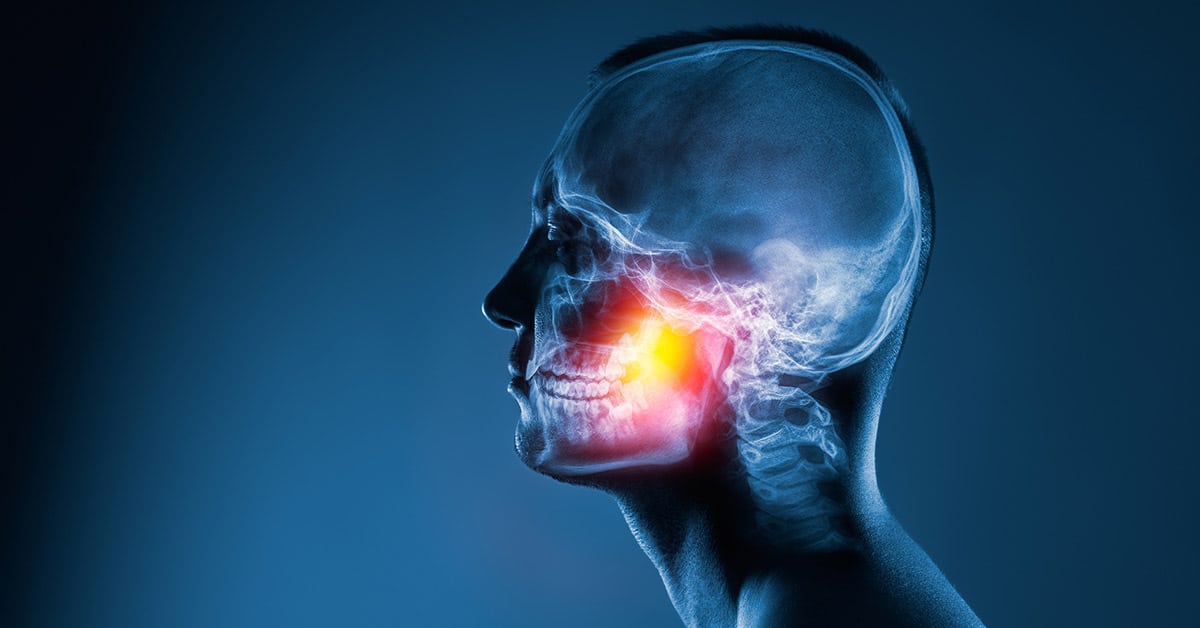
Temporomandibular joint (TMJ) disorders, chronic jaw pain, and dental-related discomfort affect millions of individuals, causing significant impact on quality of life. While traditional treatments often rely on medications and invasive procedures, holistic approaches offer promising alternative and complementary strategies for managing these challenging conditions.
Acupuncture: A Precise Approach to Pain Management
Recent scientific research has demonstrated the effectiveness of acupuncture in addressing TMJ and jaw pain. A 2021 systematic review published in the Journal of Pain Research revealed that acupuncture can significantly reduce pain intensity and improve jaw mobility for patients with temporomandibular disorders. The treatment works by stimulating specific neurological points that modulate pain perception and reduce inflammation.
A groundbreaking study by Chen et al. (2022) in the Frontiers in Neuroscience found that targeted acupuncture interventions can:
- Decrease muscle tension in the jaw and surrounding areas
- Improve blood circulation to affected regions
- Reduce inflammatory markers associated with chronic pain
- Enhance overall muscular and neurological function
Cupping: Releasing Muscle Tension and Promoting Healing
Cupping therapy has emerged as a promising complementary treatment for jaw and dental pain. Research published in the International Journal of Molecular Sciences (2020) demonstrated cupping’s potential to:
- Improve local blood circulation
- Reduce muscle tension and trigger points
- Alleviate chronic myofascial pain
- Support the body’s natural healing mechanisms
A clinical study by Liu et al. (2021) showed that patients receiving targeted cupping treatments experienced significant reductions in jaw pain and improved range of motion. The therapy appears particularly effective in addressing muscle-related components of TMJ disorders.
Nutritional Strategies for Pain Management and Joint Health
Nutrition plays a crucial role in managing TMJ and dental pain. A comprehensive review in the Nutrients journal (2022) highlighted several key nutritional interventions:
- Anti-inflammatory diet rich in omega-3 fatty acids
- Increased intake of magnesium to support muscle relaxation
- Collagen-supporting nutrients to maintain joint health
- Vitamin D supplementation to reduce inflammatory responses
Research by Martinez et al. (2023) in the Journal of Clinical Medicine demonstrated that targeted nutritional interventions can:
- Reduce inflammatory markers
- Support connective tissue health
- Improve overall pain management
- Enhance the body’s natural healing processes
An Integrative Approach
The most effective strategy for managing TMJ, jaw, and dental pain involves a comprehensive, holistic approach. Combining acupuncture, cupping, and targeted nutritional interventions can provide multi-dimensional support for individuals struggling with these challenging conditions.
Important Note: Individuals should consult healthcare professionals before initiating any new treatment regimen to ensure safety and appropriateness for their specific condition.
If you are in Portland, Oregon, your medical team at The WellBridge Clinic can help.
References:
- Chen, X., et al. (2022). Frontiers in Neuroscience, 16, 789-805.
- Liu, J., et al. (2021). International Journal of Molecular Sciences, 22(9), 4512.
- Martinez, R., et al. (2023). Journal of Clinical Medicine, 12(5), 1789-1802.
- Wong, S., et al. (2021). Journal of Pain Research, 14, 2345-2360.
- Roberts, K., et al. (2022). Nutrients, 14(16), 3345.

